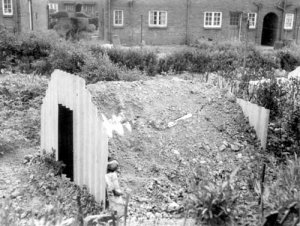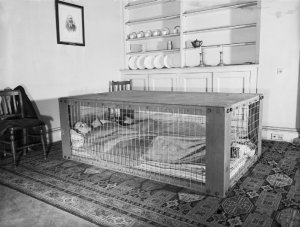WW I still lingers in the collective memory of Australians. On Saturday 25 April it will be the centenary of the landing at Gallipoli by Australian and New Zealand troops as part of the ill fated attempt to open up the Dardanelles to British shipping. We have remembered this day every year since as ANZAC Day. There are memorial services and marches of veterans. We hold services at overseas battlefields too. Including ANZAC Cove in Turkey, Villers Bretonneux in France and Kokoda in PNG. Each one is timed to end just as the sun is rising in that location.
These days young Australians make a pilgrimage to Gallipoli in ever increasing numbers and the Turks have always been very generous and hospitable to them. Hubby and I were there in 2000. Other battles/campaigns from this war are also quite well known - the Western Front in France and Belgium and in North Africa including the last cavalry charge at the wells of Beersheba and the drive to Damascus where the Australian Light Horse arrived before T E Lawrence and the Turks surrendered to a country dentist from Western Australia. History books will say that it was Lawrence of Arabia who accepted the surrender of the Ottoman Empire because that was what was supposed to happen but that is a political fiction. He came in in second place in a Rolls Royce with King Feisal, to whom he had made certain promises.
Of the troops we sent to WW I to support the British Empire, two out of ten were killed and another three were very seriously injured/damaged enough to need a pension for the rest of their lives which were often rather short. My grandfather came home with badly damaged lungs because of all the sand he inhaled in the desert. He contracted silicosis of the lungs.
Just about every Australian is familiar with this verse from a poem by Lawrence Binyon which is recited every day in the RSL clubs and at ANZAC Day services
The leader begins with
They shall grow not old, as we that are left grow old:
Age shall not weary them, nor the years condemn.
At the going down of the sun and in the morning,
We will remember them.
Lest we forget
And everyone responds with
LEST WE FORGET.
And we haven't forgotten WW I though a hundred years have gone by.



